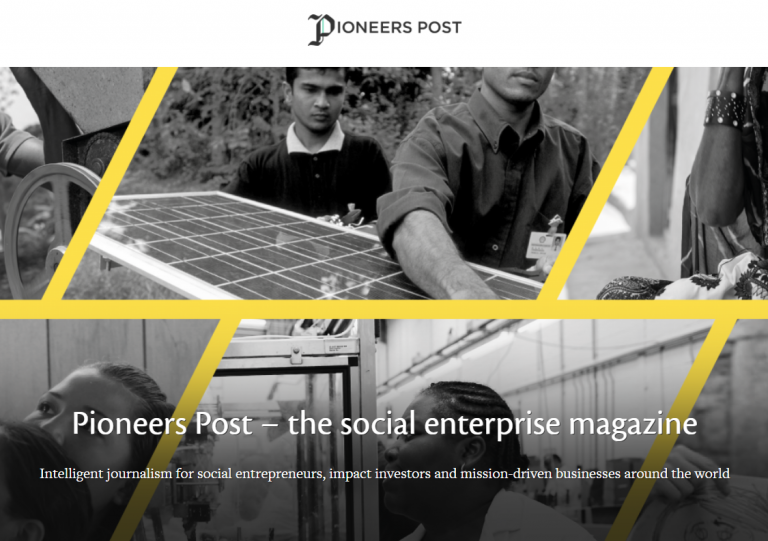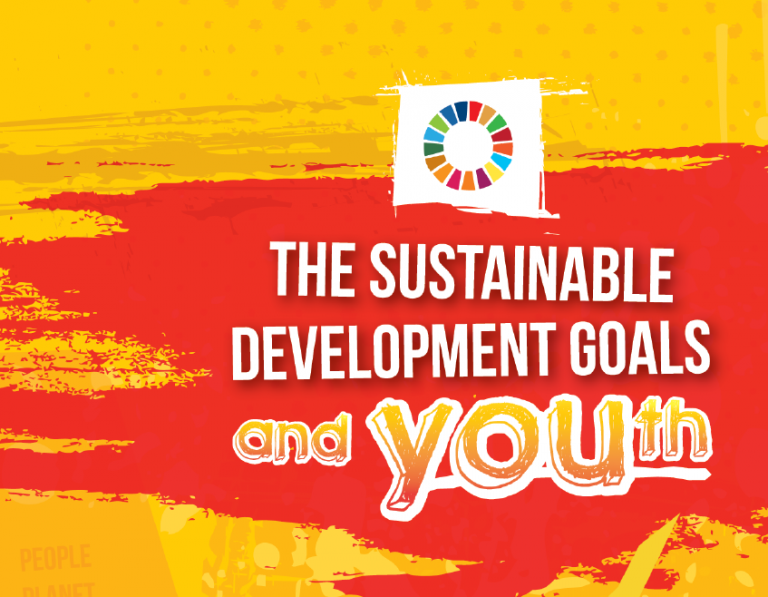The European Social Innovation Toolkit
The European Social Innovation Toolkit aims to support social innovators all across Europe to develop their ideas, and contains a set of tools and resources that you can use to transform your social innovation idea into a viable and effective initiative.
https://www.kl.nl/en/news/the-european-social-innovation-toolkit-2018/









